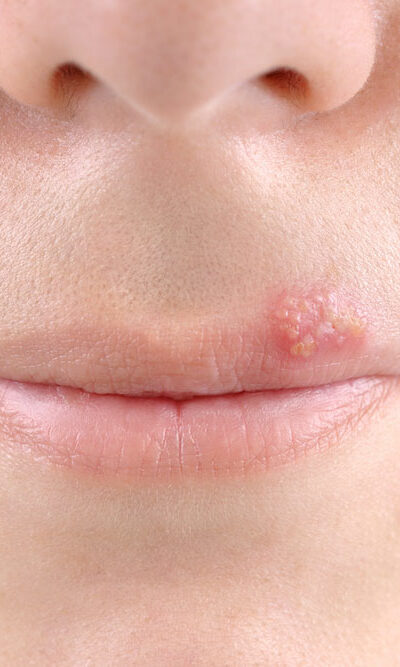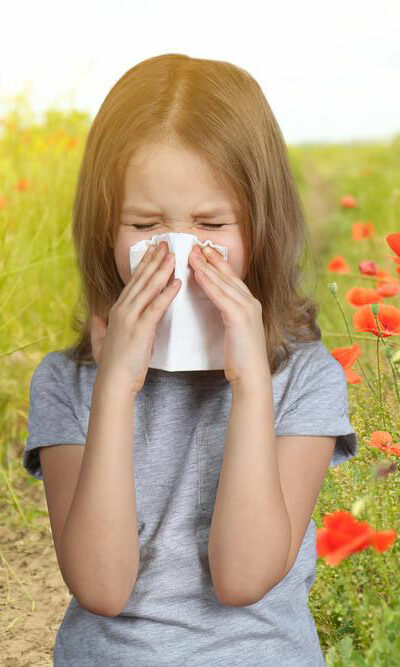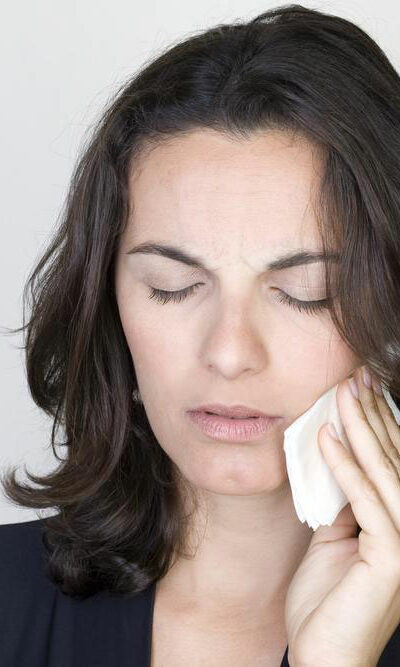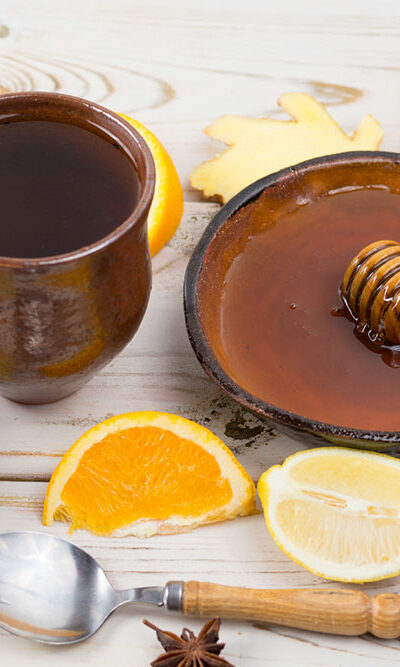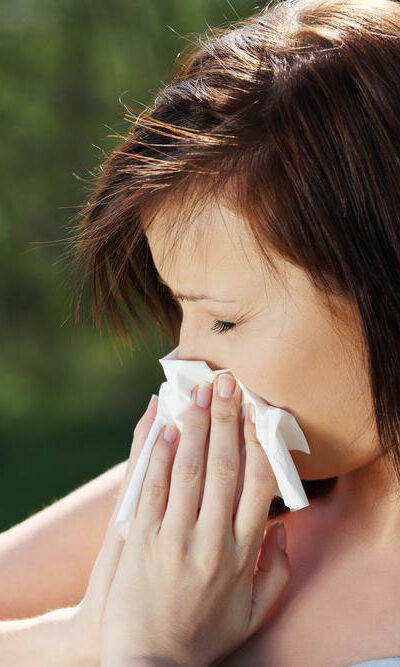
Causes of Constipation and Natural Fiber Supplements That Can Help
Constipation is an uncomfortable problem that affects almost more than 20 percent of the adult population in the country. According to a survey, more than 2.5 million people visit doctors and clinics for treating the problem of constipation. It often affects more women than men. In addition to difficulty with passing stools, people often face other symptoms throughout the day such as bloating, gas, stomach pain, lower back pain, anxiety issues, and fatigue. The good news is that constipation is curable with the help of fiber supplements. These natural remedies can solve your gut problems with minimal effort. So, in this article, we are going to discuss certain natural fiber supplements that can help improve the bowel movements in your body. But, before we start with the remedies, let’s understand what constipation is, and what its causes are. What is constipation and what are its causes? Constipation is often defined as a difficulty in emptying the bowels. In other words, in constipation, your body takes more than the usual amount of time and effort to move food waste through the large intestine tract. According to the National Institute of Diabetes, Digestive and Kidney Diseases (NIDDK), someone has constipation if he or she experiences fewer than three bowel movements in a week or has a hard or dry stool that is difficult to pass and often painful. Constipation is usually caused by a combination of several external and internal factors, including some that are related to your diet and body movements as well as your levels of stress. Low intake of fiber is often the leading cause of constipation. Insufficient water consumption is another reason for this problem. Sometimes, dealing with emotional stress can also lead to constipation. Let’s have a look at the factors that are responsible for causing constipation.

